Show 973: Soundscapes after October 7th 2023 (Radio Študent)
Soundscapes after October 7th 2023
The EU-Israel relationship is one of cooperation and mutual benefit: indeed, it is the deepest and most far-reaching relationship the EU has ever had with a third country. Only three years after the EEC came into being, Israel made its first diplomatic efforts to enter the Common Market Agreement as a signatory country.
Since the 1960s, Europe has been Israel’s most important trading partner. 1975 is the year in which the two sides signed a free trade agreement on industrial goods, to be in place by 1989.
This relationship has been strengthened thanks to the Association Agreement between Israel and the EU in 1995, which has taken cooperation to new heights: Europe is responsible for more than one third of Israel’s total foreign trade.
Cooperation is fruitful: as a full partner in the Horizon 2020/Horizon Europe research programme, Israel has so far received €1.3 billion in grants, making it one of the top three countries outside the EU with the most funding from the programme.
EU-Israel relations are further supported by the 2005 Action Plan under the European Neighbourhood Policy. The Action Plan aims at progressively integrating Israel into European policies and programmes and has established 10 sub-committees which meet regularly to discuss priorities and exchange views. In 2012, agreement was reached on the elimination of trade barriers and on the mutual recognition of marketing certificates for medicines.
Europe buys around 30% of Israeli exports (as of 2016) and ranks ahead of the US, which buys around 26%. This is particularly true in the processed food sector, where around 44% of Israeli exports are destined for Europe. Total trade between the EU and Israel amounted to €46.8 billion in 2022. EU imports from Israel were worth €17.5 billion: led by machinery and transport equipment (€7.6 billion, 43.5%), chemicals (€3.5 billion, 20.1%) and other industrial goods (€1.9 billion, 11.1%). EU exports to Israel amounted to €12.2 billion, dominated by machinery and transport equipment (€12.3 billion, 41.9%), chemicals (€5.1 billion, 17.6%) and other manufactured goods (€3.5 billion, 12.1%).
Two-way trade in services between the EU and Israel amounted to €16.7 billion in 2021.
The European Neighbourhood Policy provides political and financial assistance to Israel.
On energy, the EU is financing feasibility studies for the construction of the so-called East-Med pipeline to carry gas from Israel as far as Italy by 2027. Israel is keen to join the EU’s efforts to diversify its energy sources and develop renewable energy sources. The Memorandum of Understanding on gas exports between the EU, Israel and Egypt, signed in June 2022, is an excellent example of Israel’s role in the EU’s efforts to address the energy crisis.
MILITARY COOPERATION
In 2016, Europe became the second largest export destination for the Israeli arms industry after Asia. Frontex – the EU’s best-funded agency with a budget of around USD 823 million for 2022 – has awarded border surveillance drone contracts to Airbus, Israel Aerospace Industries (IAI) and Elbit. As of 2018, more than €63 million of EU public money has been spent on direct war funding.
Israeli military drones are a useful tool in the crackdown on refugees: in September 2018, the EU border management agency Frontex announced the start of test flights for drones across Europe. The type of drones being tested had previously been used to attack Gaza in late 2008 and early 2009, killing dozens of civilians. A subsidiary of Israel Aerospace Industries – has been hired to design a prototype for the controversial wall proposed by Trump along the US border with Mexico. Another Israeli drone manufacturer was awarded a contract in 2014 to build surveillance towers between Arizona and Mexico. The same companies are looking for business opportunities in Europe.
Israel is the only non-European full partner country for EU research funding under the 7-year Framework Programmes. It is involved in three EU-funded research projects in the field of border security, one of which was aimed at developing specially adapted combat robots that “will take appropriate action to stop illegal activities under the control of border guards”.
In 2020, Frontex signed a $118 million contract to lease Israeli-made drones.
Well, but, the show is not about that. It’s about what’s going on in the background (and recently forefront) of these business deals between the EU and its new old partner in the energy sector.
Made for Radio Študent in Ljubljana by Višnja Malinić.
Radio Študent Radia.fm programme curated by Urška Savič.

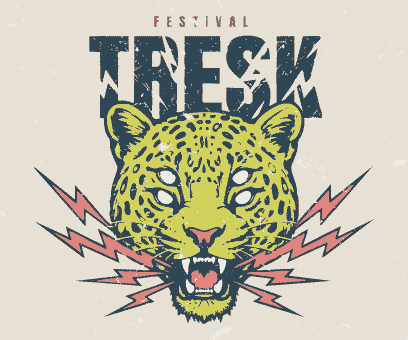
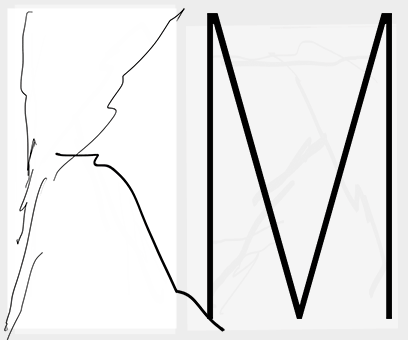

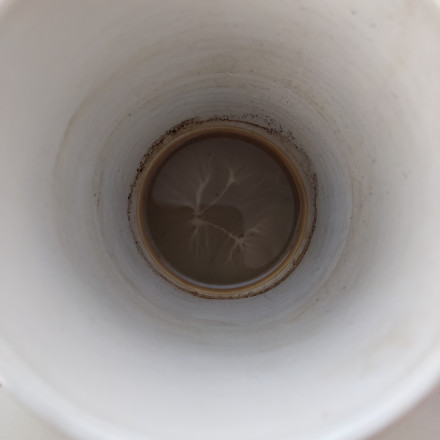


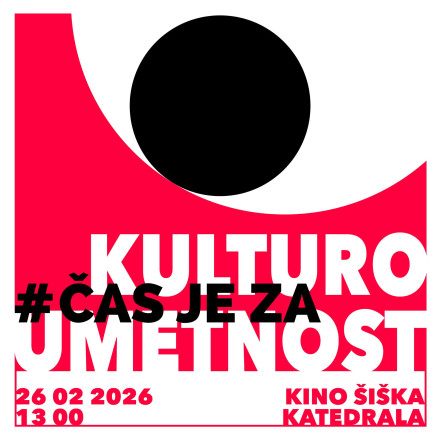

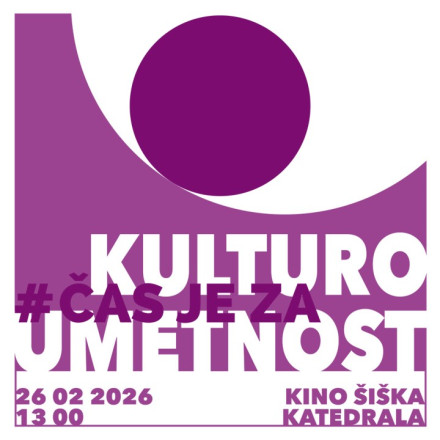
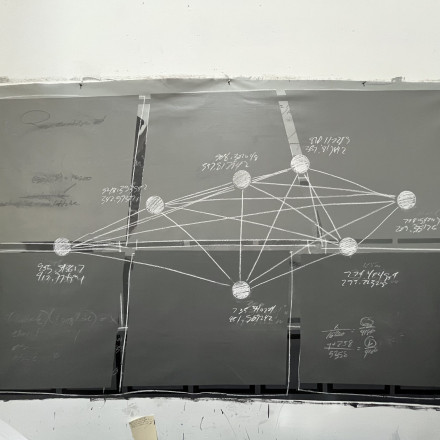
Dodaj komentar
Komentiraj